Delaware Prosperity Partnership
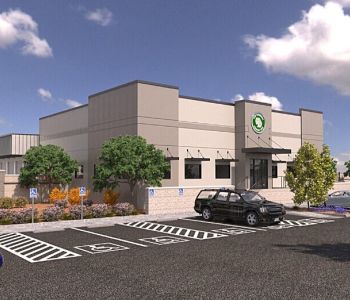
May 24, 2021
Old Dominion Freight Line Continues to Choose Delaware

May 14, 2021
Delaware Leaders in Economic Development: Jeff Flynn

May 13, 2021
Delaware Leaders in Economic Development: Bill Pfaff
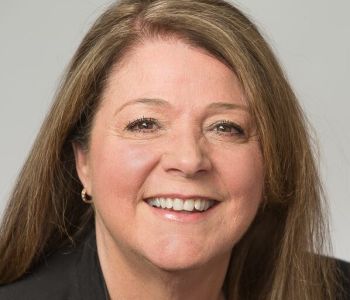
May 12, 2021
Delaware Leaders in Economic Development: Patty Cannon
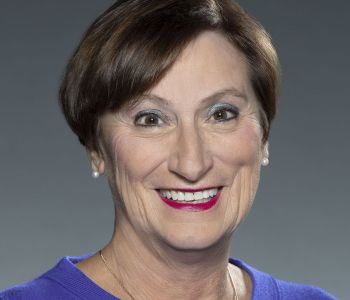
May 11, 2021
Delaware Leaders In Economic Development: Linda Parkowski

May 11, 2021
Delaware Leaders in Economic Development: Jamie Burk

May 10, 2021
Delaware Leaders in Economic Development: Charuni Patibanda

May 10, 2021
DPP Promotes Delaware and Statewide Partners During Economic Development Week 2021

May 7, 2021
Adesis Opting-in During COVID-19
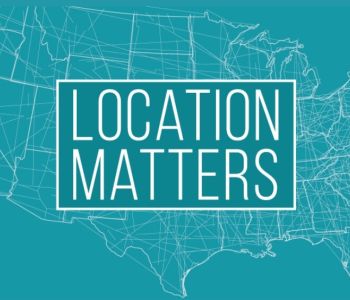
May 5, 2021
New Report Ranks Delaware Top 3 States in U.S. for Corporate Tax Climate

May 4, 2021
10 Startup302 Finalists with Underrepresented Founders Share $275,000 in Grant Prizes
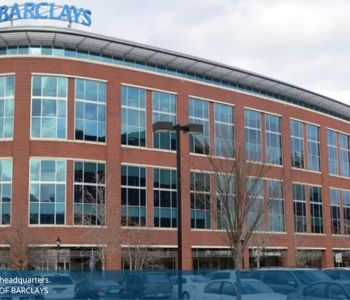
April 20, 2021
Next Generation Of Financial Firms Chooses DE











